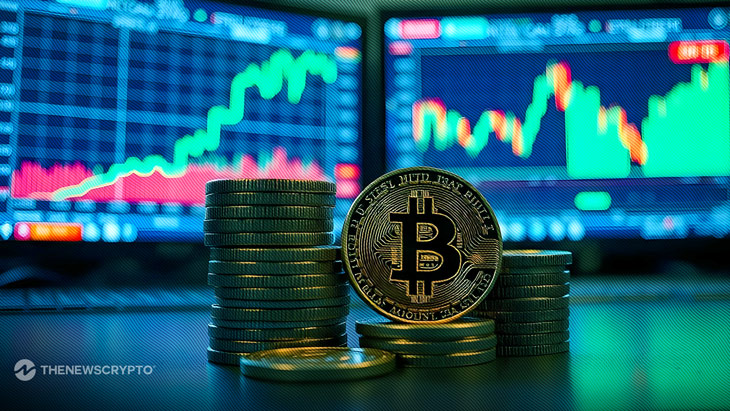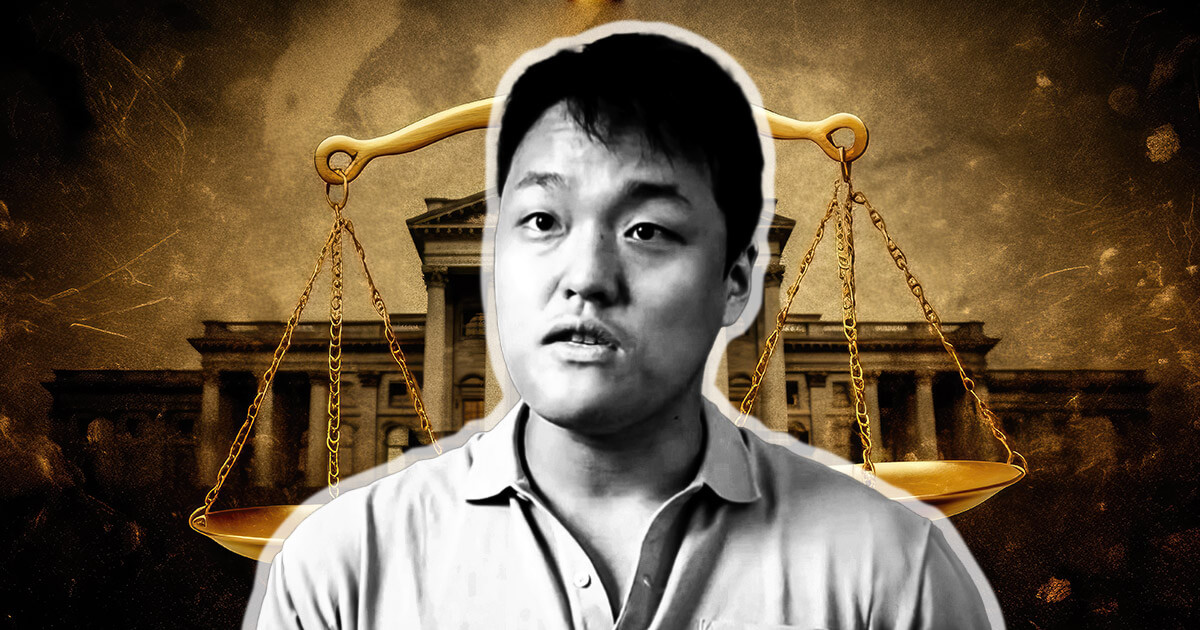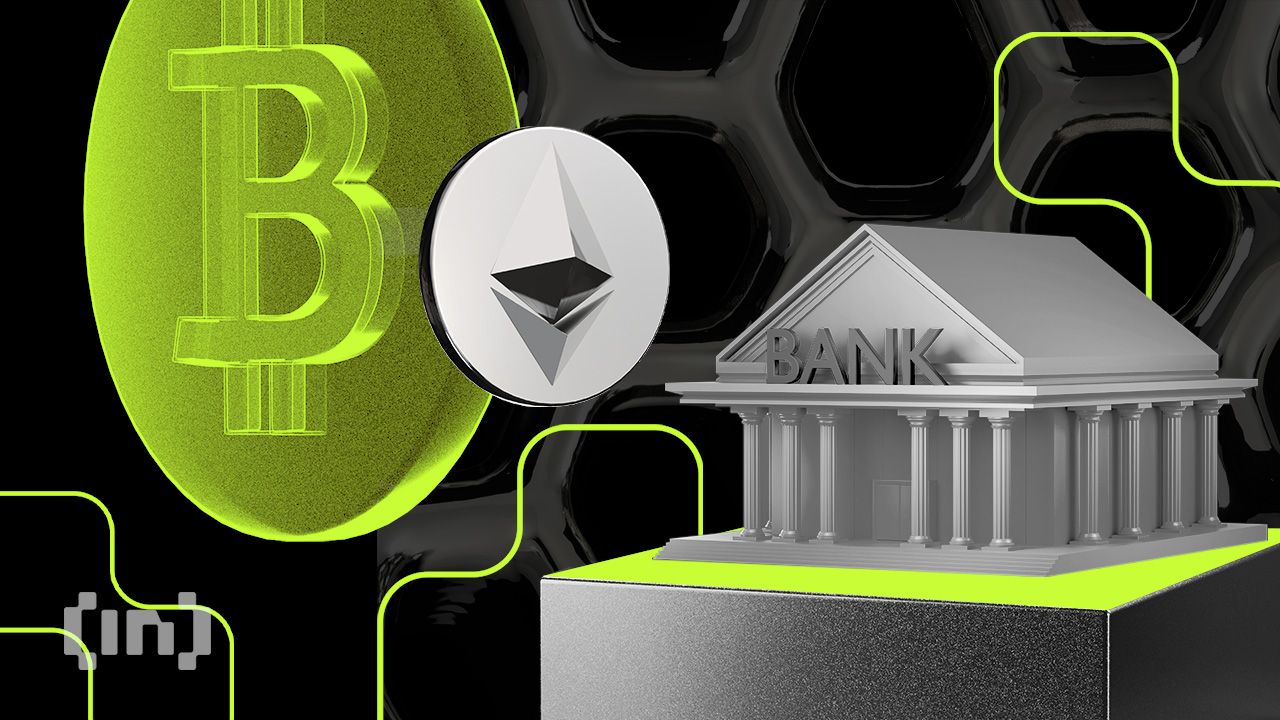- BlackRock’s legal disclaimer sparks unfounded fears about altering Bitcoin’s 21 million supply cap despite its decentralized governance.
- Bitcoin’s Proof-of-Work system ensures miners, nodes, and developers collectively protect its fundamental 21 million supply limit.
Recently, BlackRock released an educational video on Bitcoin, sparking a wave of controversy due to one particular statement:
“There is no guarantee that Bitcoin’s 21 million supply cap will not be changed.”
This comment caused uproar on social media, with some speculating that Bitcoin’s supply limit is under threat. However, these concerns are baseless and greatly exaggerated.
The statement in BlackRock’s video is a standard legal disclaimer, a common practice in the financial sector. It acknowledges theoretical possibilities but does not imply intent or capability to alter Bitcoin’s core rules.
While BlackRock is a financial titan and holds over 500,000 Bitcoin in its ETF reserves, its influence on Bitcoin’s protocol is virtually non-existent. Bitcoin’s 21 million supply cap is a fundamental principle, safeguarded by its decentralized design.
Bitcoin operates under a Proof-of-Work (PoW) system, where control is distributed among miners, nodes, and developers. This structure ensures that no single entity, no matter how large, can unilaterally alter the network’s rules.
A relevant example is the Bitcoin Cash fork, led by Roger Ver. Despite his significant holdings and influence, the broader Bitcoin network rejected his proposal, leaving Bitcoin Cash as a marginal asset while Bitcoin maintained its dominance.
If BlackRock were to propose increasing Bitcoin’s supply, the outcome would be straightforward: the decentralized network of economic nodes would reject the proposal. These nodes serve as the backbone of Bitcoin’s governance, ensuring that core principles remain unchanged. This decentralized framework has protected Bitcoin’s integrity since its inception.
The idea that BlackRock—or any entity—could control Bitcoin fundamentally misunderstands its architecture. Bitcoin’s decentralized nature ensures that its supply, governance, and core principles remain resistant to manipulation. If Bitcoin could be easily controlled by a single actor, it would have failed long ago.











